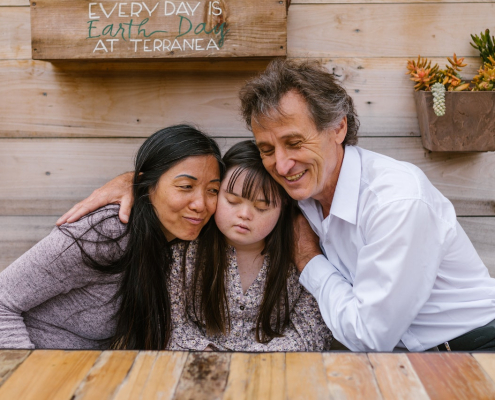Applied Behavior Analysis & Its Therapeutic Applications
After their child is diagnosed with Autism Spectrum Disorder (ASD), parents may consider emotional and social support resources inadequate. Nevertheless, Applied Behavioral Analysis (ABA) therapy offers exciting opportunities for children with ASD. It enables them to establish their social identity, perform tasks, and feel confident in their abilities through positive reinforcement.
Therapeutic Alliance offers ABA therapy services to people throughout the Fredericksburg, VA, area. We practice a client-centered approach to help those who seek our treatments feel seen, heard, and secure. Our goal is to learn about our clients as individuals and use that knowledge to guide them through personal transitions and adaptions. To schedule a consultation with a therapist, call (833) 319-0526 or visit our website today.
Below, we describe ABA therapy and discuss how it can help children—and adults—with Autism:
What is ABA Therapy?

ABA therapist with colorful building blocks – source : iStock
ABA or Applied Behavioral Analysis is a form of interpersonal therapy that investigates the workings of behavior. Professionals who use ABA acknowledge that patients’ psychological symptoms are responses to difficulties in their day-to-day relationships. In other words, they consider behaviors as determined by real-life situations.
Therapists, in particular, can use ABA in patients with Autism, as this form of therapy can help with relationships, communication, and daily functions. Specifically, ABA aims to increase helpful behaviors while decreasing harmful ones that undermine learning. ABA programs can:
- Increase language and communication skills
- Improve attention, focus, social skills, memory, and academics
- Decrease problem behaviors such as hitting, biting, hyperactivity, and anxiety
How Does ABA Work?
ABA therapy incorporates diverse techniques to help patients understand and change their behavior. This diversity allows therapists to adjust their approach and meet the needs of individuals.
A primary technique in the ABA toolkit is positive reinforcement, wherein the therapist rewards positive behavior. Meaningful rewards shift between individuals but may include praise, a toy, a book, or even watching a video. This pattern of behavior-and-reward helps the patient make a mental connection between that action and themselves. Over time, positive behaviors should occur more frequently without a prompt.
ABA therapists also use antecedents, behaviors, and consequences (ABCs). Antecedents may be commands, requests, or physical objects that a therapist uses to stimulate a target behavior. The person’s response, or lack thereof, to the antecedent is the behavior. Consequences follow the behavior with reinforcement for desirable outcomes or no reaction for an inappropriate response.
Does ABA Therapy Work?

ABA therapy in Fredericksburg, VA
ABA is a confirmed, evidence-based treatment option per the US Surgeon General and the American Psychological Association. Intensive, long-term therapy using ABA techniques improves behavior in children with Autism and helps them to lead more fulfilling lives.
Moreover, therapists use ABA to curate assessments and identify an individual’s specific needs with targeted goals. They can appraise skills, preferences, ambitions, and family situations, which measure their progress.
Finally, an ABA therapist can teach parents, family members, and caregivers how to apply these practices to their loved ones, reinforcing positive behaviors. They also emphasize positive social interactions, enjoyable learning, and early health screenings for children.
Effective ABA Therapy Available Now in Fredericksburg, VA
Applied behavioral analysis therapy is just one of many services Therapeutic Alliance offers in Fredericksburg, VA. We offer face-to-face sessions and virtual outpatient therapy. Individuals with Autism can use our range of care and learning opportunities tailored to their specific needs. If you are considering applied behavior analysis for your loved ones, contact us at (833) 319-0526 or visit our website for more information.






